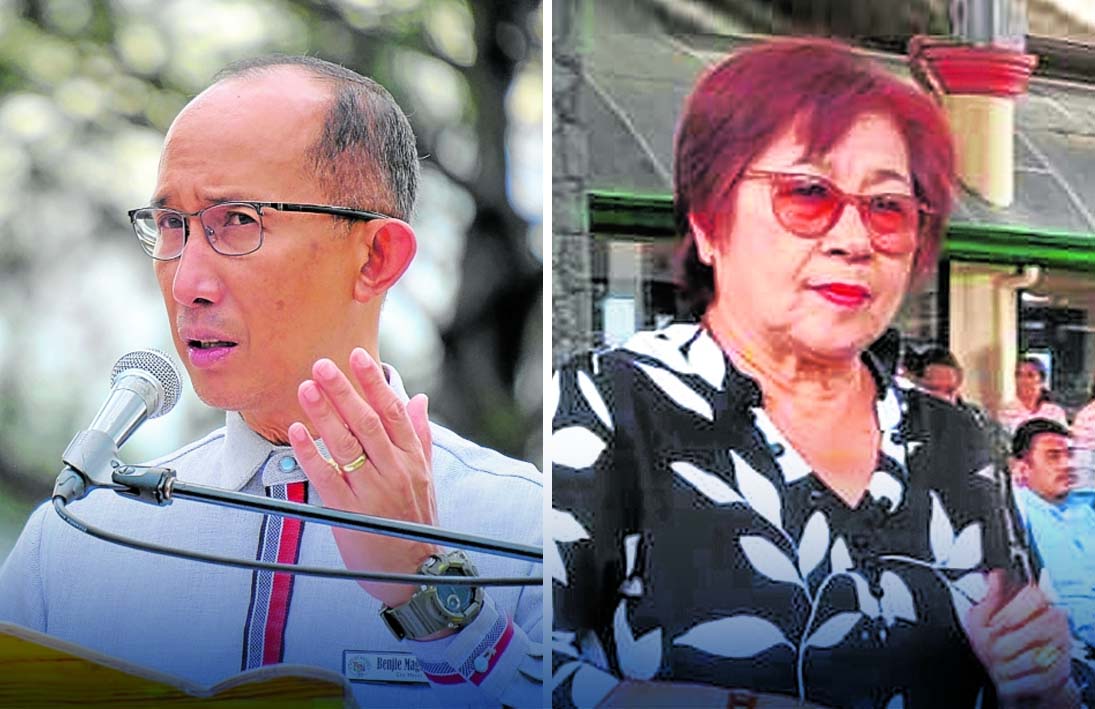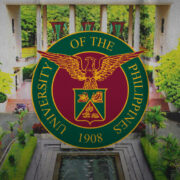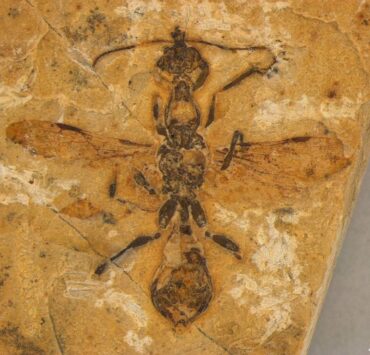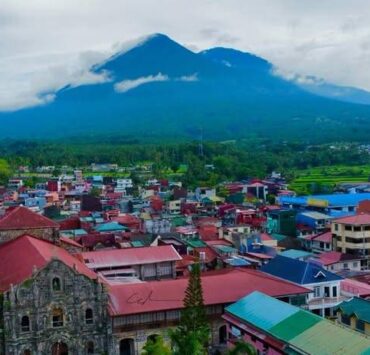Baguio, Benguet town eye land swap to solve boundary error

BAGUIO CITY—This city and its adjoining town of Tuba in Benguet are working out a land swap to resolve a boundary dispute spawned after the American colonial government designed and created Baguio a century ago, the Inquirer learned this week.
The prospective deal, which was outlined briefly to the Baguio City Council last Monday, may also open another avenue for correcting Republic No. 11689, the modern city charter that has not been accepted by many sectors here, according to some councilors.
A draft memorandum of agreement to be signed by Mayors Benjamin Magalong of Baguio and Clarita Sal-ongan of Tuba would relinquish 142,249 square meters of Baguio territory to its Benguet neighbor. A substantial portion of the Tuba municipal hall has been part of Baguio, and is included in this land exchange, along with the Tuba Elementary School.
Tuba, in turn, would turnover to Baguio an 186,808-sq.m. lot currently occupied by an annex of the Baguio City National High School, according to the proposed agreement.
The absence of a defined territorial boundary between Baguio and Tuba was one of the perceived errors of RA 11689, which lapsed into law on April 11, 2022 in the last days of former President Rodrigo Duterte’s term.
Nine councilors of the previous council lobbied for Duterte to veto the modern charter because of perceived errors.
For instance, Section 3 of RA 11689 on ‘territorial boundaries’ simply states that “the City shall comprise the present territorial jurisdiction of the City,” instead of setting the current 57 square-hectare span of Baguio.
The swap proposal was originally negotiated and integrated in a previous charter bill (House Bill No. 3759) that was vetoed by the late President Benigno Aquino III in 2013.
New initiatives
The council asked affected barangays to review the details of the swap before its final endorsement of the swap deal.
The agreement could be included in a new initiative among the current batch of councilors to draft a “comprehensive and publicly-acceptable” replacement of RA 11689.
On April 14, President Marcos vetoed House Bill No. 7406 that was supposed to correct serious legislative faults contained in RA 11689.
Among the modern charter’s surprising blunder is a provision that inadvertently downgraded the summer capital from a highly-urbanized city to a component city of Benguet.
HBN 7406 would have repealed Section 23, Number 4, in RA 11689, which requires the secretary to the City Council to “forward to the Sangguniang Panlalawigan (Benguet Provincial Board) copies of duly approved ordinances in the manner provided in Sections 56 and 57 of the Local Government Code of 1991.”
Without corrections, the modern Charter had made Baguio’s reduced status a permanent condition by law, Vice Mayor Faustino Olowan had complained. Congress tried to remedy the situation by issuing House Resolution No. 1289, which asserts that Section 23, No. 4 should not be applicable.
The vetoed measure would have also removed Section 55, which segregated Camp John Hay from the Baguio townsite. The City Council says this section of the modern charter also expands the territory of the John Hay reservation from 570 hectares as stipulated in RA 7227 to 625 hectares.
The third correction which HBN 7406 was supposed to make was to remove John Hay Management Corporation (JHMC), the estate manager formed by the Bases Conversion and Development Authority (BCDA) from a newly-formed Baguio Land Committee. The land committee was tasked to resolve all land conflicts in the mountain city.
Mr. Marcos rejected HBN 7406 because of its supposed impact on the BCDA, which has custody of the former John Hay Air Station. “I am constrained to veto the bill as it is inconsistent with law and jurisprudence and it may endanger or prejudice the authority previously granted to the BCDA,” according to the President’s veto message, which was read in an April 14 news conference by Palace spokesperson Claire Castro.
Councilor Jose Molintas said the council may consider forming a special committee to draft the second modern charter, based on inputs provided by residents in past and future public consultations.

















